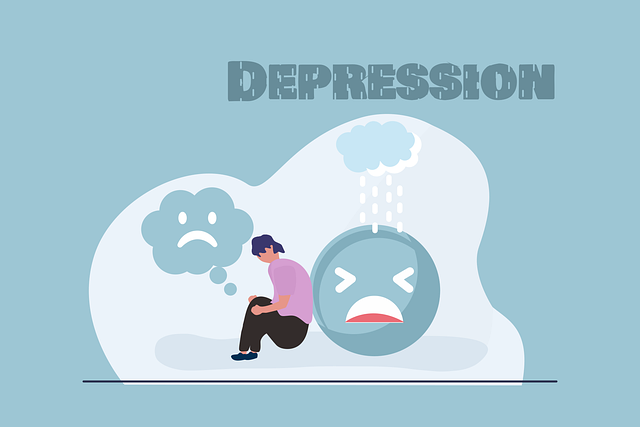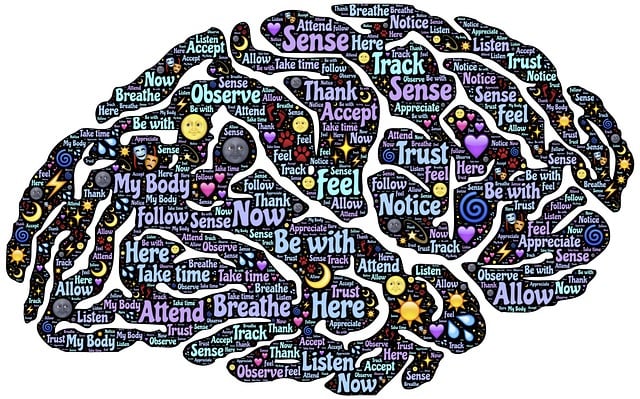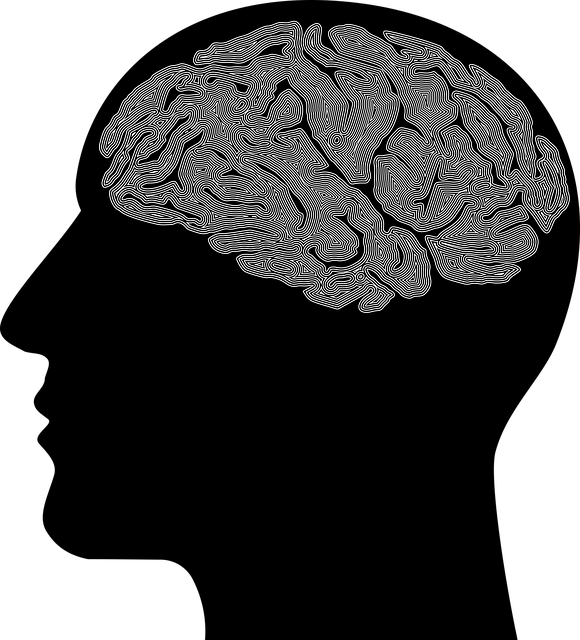Crisis Intervention Teams (CITs) in Boulder leverage Boulder EMDR Certified Therapy, integrating evidence-based practices like Eye Movement Desensitization and Reprocessing (EMDR), to address severe emotional crises effectively. This approach enhances patient outcomes, promotes self-care among professionals, and contributes to healthier communities and improved mental well-being across Boulder. Essential components include mental wellness journaling and stress reduction methods, ensuring compassionate and tailored support for individuals in crisis.
Crisis intervention teams play a vital role in managing high-stress situations, offering immediate support and preventing escalation. This article explores the significance of crisis intervention training, with a focus on Eye Movement Desensitization and Reprocessing (EMDR) techniques. We delve into key components of effective programs and highlight the benefits of Boulder EMDR Certified Therapy for critical incident support, providing professionals with enhanced skills to navigate crises successfully.
- Understanding Crisis Intervention Teams: Their Role and Impact
- The Importance of EMDR Training in Crisis Response
- Key Components of Effective Crisis Intervention Programs
- Benefits of Boulder EMDR Certified Therapy for Critical Incident Support
Understanding Crisis Intervention Teams: Their Role and Impact

Crisis Intervention Teams (CITs) play a vital role in managing and mitigating severe emotional crises. These specialized teams typically consist of mental health professionals, first responders, and community support staff who are trained to provide immediate and effective assistance to individuals experiencing acute psychological distress. The primary goal of CITs is to de-escalate situations, offer supportive care, and connect individuals with appropriate long-term treatment options.
In today’s fast-paced world, where stress and mental health challenges are prevalent, the impact of well-trained CITs cannot be overstated. They serve as a crucial resource in communities, especially in areas like Boulder, known for its focus on holistic wellness. By incorporating evidence-based practices such as EMDR Certified Therapy, Burnout Prevention strategies, Mindfulness Meditation, and Empathy Building techniques, these teams are equipped to handle a wide range of crises effectively. Such training empowers team members to make a meaningful impact, fostering healthier communities and improved mental well-being for all.
The Importance of EMDR Training in Crisis Response

In the realm of crisis intervention, where every moment counts, integrating Eye Movement Desensitization and Reprocessing (EMDR) training into certified therapy programs in Boulder is a game-changer. This innovative approach, recognized globally for its effectiveness, equips practitioners with powerful tools to address complex trauma and psychological distress. By incorporating EMDR techniques, therapists can enhance their ability to provide immediate and impactful support during crises.
Boulder EMDR Certified Therapy not only prepares individuals to navigate challenging situations but also promotes self-care practices among professionals. Effective crisis response involves managing one’s own stress and emotional well-being alongside offering trauma support services. Integrating EMDR training contributes to overall stress management, enabling therapists to maintain resilience while delivering compassionate care in high-pressure environments.
Key Components of Effective Crisis Intervention Programs

Effective crisis intervention team training programs are meticulously designed to equip individuals with the necessary tools and skills to handle critical situations. These programs often incorporate a multi-faceted approach, encompassing various key components. One such vital element is Boulder EMDR Certified Therapy, which leverages Eye Movement Desensitization and Reprocessing (EMDR) techniques to facilitate emotional healing processes. By combining this evidence-based method with other therapeutic modalities, participants learn to address trauma and promote resilience in individuals facing crises.
Additionally, successful crisis intervention training emphasizes the importance of Mental Wellness Journaling Exercise Guidance and Stress Reduction Methods. Journaling exercises help trainees reflect on their experiences, process complex emotions, and develop personal coping strategies. Stress reduction techniques, such as mindfulness practices, enable team members to maintain composure under pressure, thereby enhancing their ability to provide effective guidance during emotionally charged situations. These integrated components collectively contribute to the overall effectiveness of crisis intervention teams, ensuring they can offer compassionate and tailored support to those in need.
Benefits of Boulder EMDR Certified Therapy for Critical Incident Support

Boulder EMDR Certified Therapy offers a powerful approach to crisis intervention, making it an invaluable tool for supporting individuals after critical incidents. This therapy is based on Eye Movement Desensitization and Reprocessing (EMDR), a highly effective method for addressing traumatic memories and emotional distress. By combining targeted interventions with the body’s natural healing mechanisms, Boulder EMDR Certified therapists help clients process and overcome the psychological effects of trauma, providing them with lasting coping skills.
The benefits are numerous: it facilitates rapid and effective emotional healing processes, enabling individuals to find relief from symptoms such as anxiety and PTSD. This is especially crucial for healthcare providers who often experience burnout due to high-stress work environments. Boulder EMDR Certified Therapy equips them with strategies to manage their own mental health while they care for others, fostering resilience and preventing professional exhaustion.
Crisis intervention team training programs, focusing on techniques like Boulder EMDR Certified Therapy, are invaluable assets in equipping professionals to handle critical incidents effectively. By integrating these key components, including EMDR training, we enhance our ability to support individuals impacted by trauma and foster a more resilient community. The role of crisis intervention teams is vital, and their impact can be profound, ensuring that folks receive the help they need during challenging times.














